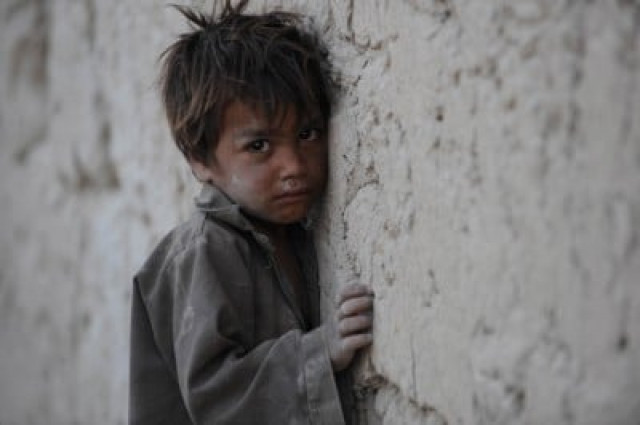Legal loopholes: ‘People and govt need to fix their attitudes towards children’
Authorities continue to debate if child protection is a federal or provincial matter.

Legal loopholes: ‘People and govt need to fix their attitudes towards children’
Experts presented these views at a conference on challenges for provincial assemblies in drafting child protection legislation, which was organised by the Society for the Protection of the Rights of the Child (SPARC) on Tuesday.
The group’s national manager, Iqbal Ahmed Detho, observed that authorities were not sure if child protection was a federal or provincial subject. Sindh High Court judge, Justice Maqbool Baqir, however, said that the federal government should push provincial assemblies to pass pending child protection bills. He also lamented that the country’s non seriousness towards children is reflected in its failure to honour international commitments. “We did not submit the first periodic report to the UN Committee on the Rights of the Child.”
Former advisor to chief minister on planning and development, Dr Kaiser Bengali, raised important questions about the general attitude of Pakistanis towards children. He cited the everyday example of children being forced to vacate their seats on public buses for adults. He added that poverty was the principle problem, as “child nutrition starts before birth, but expecting mothers in the country do not have enough food. Children are born weak, and then they don’t get milk and proper food to grow strong.”
Dr Bengali added that a majority of the 49,000 schools in Sindh consist of a single room, where teachers incorporate as many as five classes at the same time. He advised the government to start nutritional programmes at schools so that children could be fed properly. He also praised the People’s Primary Healthcare Initiative, which has led to the establishment of a wide network of basic health units in rural Sindh.
Pakistan Institute of Labour Education and Research’s Karamat Ali opined that the state should provide free education to children, as this would be the only way to deal with the menace of child labour.
Published in The Express Tribune, November 8th, 2012.



















COMMENTS
Comments are moderated and generally will be posted if they are on-topic and not abusive.
For more information, please see our Comments FAQ